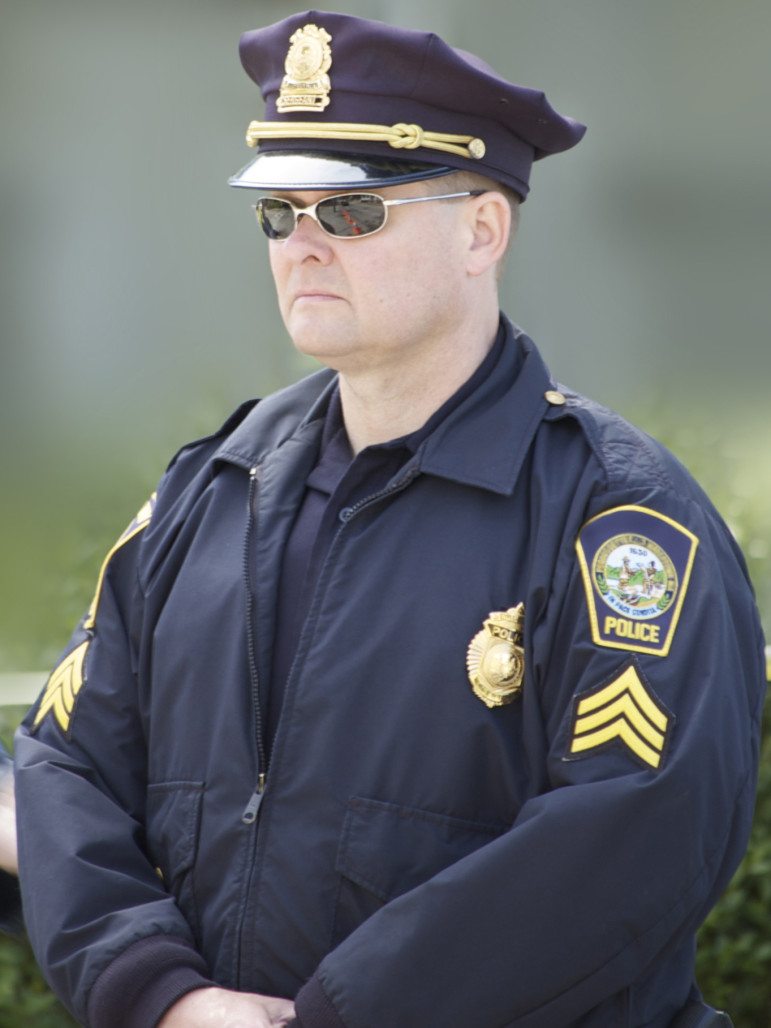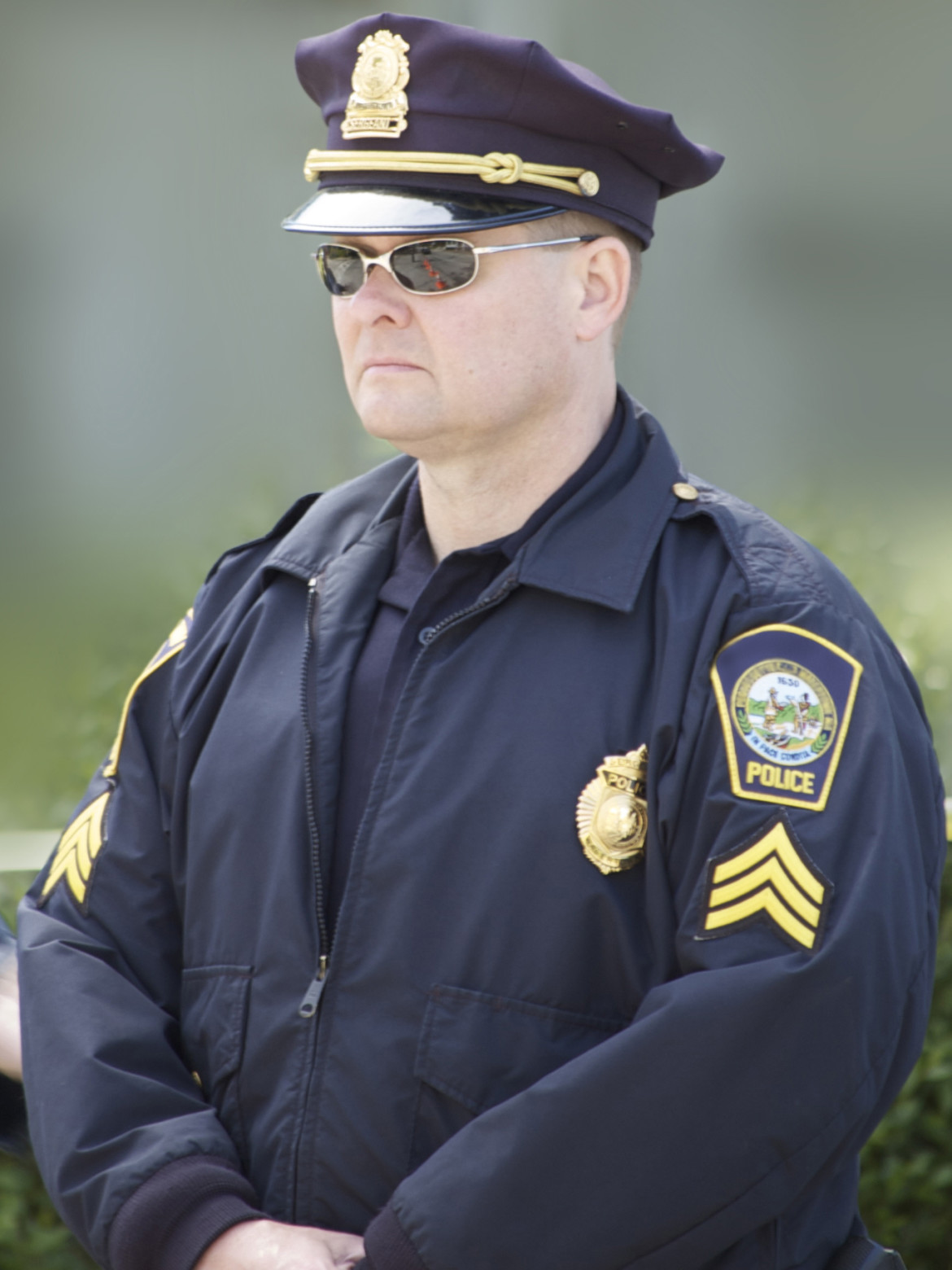
The Virginia school policing system needs an overhaul that emphasizes training, data collection and a clear role for officers in schools, says a new report from the Legal Aid Justice Center.
Without a better system, the state will continue to criminalize students for behaviors that schools should deal with, not law enforcement, the center said.
Virginia leads the country in referrals of students to law enforcement, according to an analysis by the Center for Public Integrity.
The state doesn’t track how students enter the pipeline that leads from school to the criminal justice system or track measures such as school-based searches, interrogations, uses of force, arrests or court referrals.
“We’re spending tens of millions of dollars but we have no data, no sense of what’s good or bad,” said Jason Langberg, an attorney at the legal aid center and co-author of the report.
Other problems in the system include a lack of training for school resource officers, burdensome mandatory reporting to law enforcement of acts that include misdemeanors and noncrimes, and a requirement that SROs help enforce school rules, not just laws, the report said.
Since the release of the CPI analysis, Gov. Terry McAuliffe has sought recommendations on how to improve school policing and initiated a “Classrooms not Courtrooms” initiative focused on curbing suspensions and expulsions, law enforcement referrals, and race- and disability-based disparities.
Langberg said he’s optimistic the state momentum, combined with greater national attention to the problems of school policing, will continue across political lines during the legislative session, which begins Wednesday.
The report includes recommendations for lawmakers, such as clarifying SROs’ responsibilities at schools, implementing training programs and ending the mandatory participation of prosecutors in truancy cases.
The report also includes recommendations for the state Department of Education on data collection and the development of a comprehensive memorandum of understanding for school-based officers.
“I think this has a lot of potential given how common sense some of these reforms are,” Langberg said.
